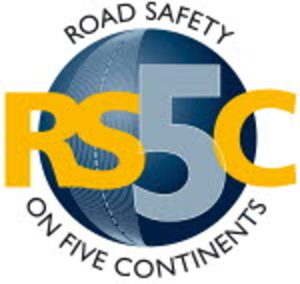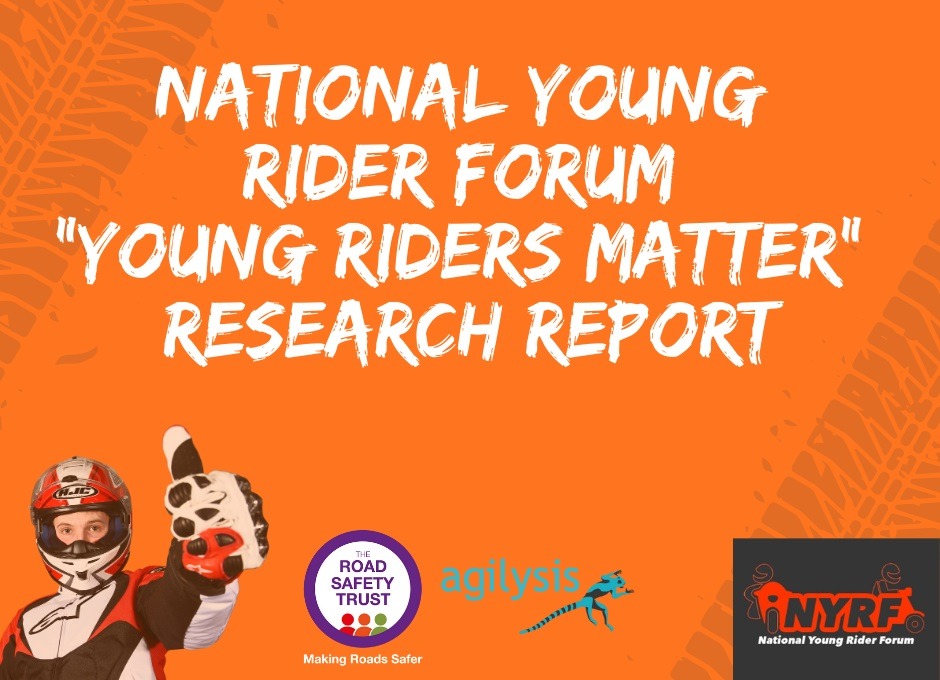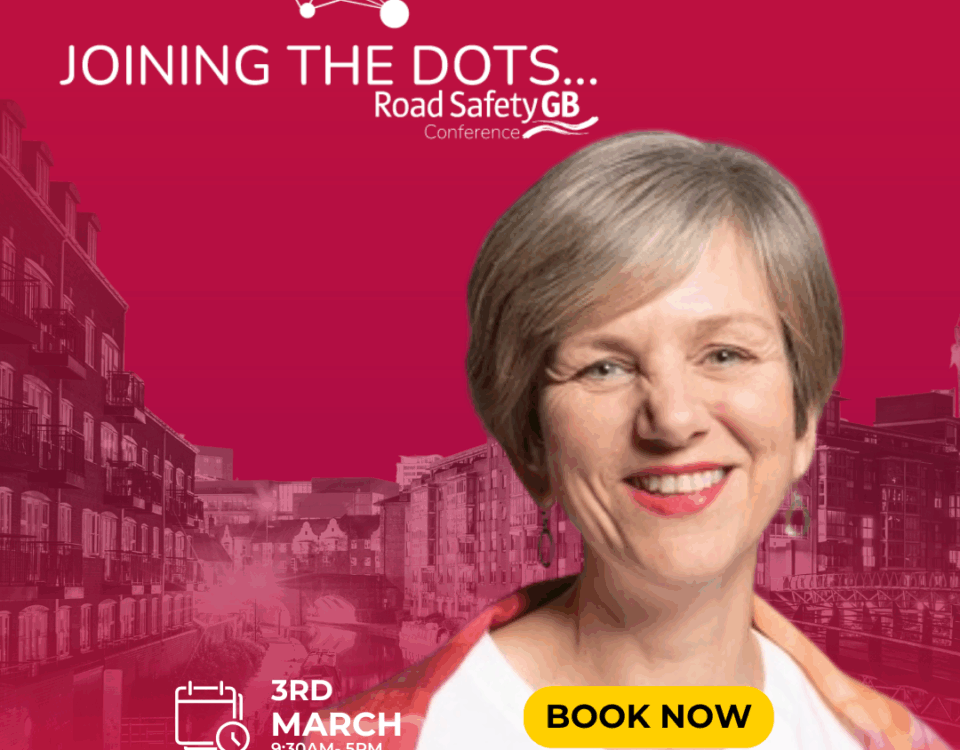
Next week, the Agilysis team are heading to Leeds for the Road Safety on Five Continents (RS5C) Conference, which this year has landed in the UK. The event brings together leading research, best practice, and policy innovation from around the globe.
Six team members, Tanya, Matt, Suzanne, Richard, Dan, and Sam will all be speaking at this year’s event, in a total of ten presentations and one panel session covering a diverse set of themes from Safe System implementation to social inequalities in injury risk.
If you’re attending RS5C in Leeds, we’d love to connect. Follow along with our updates on LinkedIn throughout the conference, where our team will be sharing reflections and highlights from their sessions

Tanya Fosdick
Panel Session: What have we learned recently about the Safe System Approach?
Tanya will be joining a panel of international Safe System experts to discuss what they have learned about the journey to implement Safe System principles, with Tanya drawing on her experiences of working with road safety organisations across Great Britain. The panel will discuss the barriers experienced around the world when looking to apply Safe System thinking, and finish with sharing best practices from those moving the road safety community forward on the Safe System.
The Nuances of Safe System for Local Government: Case Study Approach
Tanya will share Agilysis’ structured approach to helping local authorities embed Safe System principles within the UK’s complex road safety landscape. Drawing on case studies from Greater Manchester, Cambridgeshire, and Warwickshire, the session will highlight how stakeholder collaboration, policy alignment, and community engagement can deliver sustainable, evidence-based solutions.

Matt Staton
Influences on Decision-Making in Road Safety
Matt’s first presentation explores why system-based approaches remain underutilised in the UK, despite their effectiveness. His research reveals how silos, politics, and public perception shape decisions and the need for stronger leadership, particularly from government.
Developing Practical National Guidance on Safe System Implementation: The Safe System Manual for Scotland
In his second talk, Matt introduces Scotland’s first Safe System Manual, a national resource developed with Transport Scotland and international experts to provide practitioners with clear, consistent, and authoritative guidance on implementing Vision Zero.

Suzanne Coles
Measuring Compliance from Connected Vehicles
Suzanne will demonstrate how connected vehicle data can transform the way local highway authorities monitor and manage speed compliance. By analysing trillions of anonymised GPS points from sat-navs, trackers, and mobile devices, this approach provides wider coverage, larger sample sizes, and more frequent updates than traditional roadside surveys. The method has already shown strong validation against established traffic counters, offering a cost-effective and scalable tool for authorities to address speeding concerns, plan enforcement, and shape evidence-based speed management strategies.
Using Novel Data to Inform National Speed Limit Setting Policies
This presentation applies connected vehicle data to evaluate the potential impacts of lowering rural road speed limits in Scotland. By combining speed profiles, traffic volumes, and official collision data, the research models how changes in limits could reduce casualties. The findings highlight the significant potential of data-driven policymaking, demonstrating how innovative use of connected vehicle insights can guide national strategies to align with Safe System principles to deliver measurable safety benefits.

Richard Owen
Assessing Novel Data Sources and AI Techniques to Measure Vehicle Speeds in Low- and Middle-Income Countries
Richard’s work spans from global innovation in managing safety performance to helping individual road authorities understand the impacts of individual schemes. He will present a pioneering study on using a variety of data sources to measure vehicle speeds in LMICs, offering scalable and cost-effective alternatives to traditional surveys.
Using Connected Vehicle Data to Understand the Impact of Lower Urban Speed Limits: Rollout of 20mph in Wales
Closer to home, his second presentation will share new findings from the rollout of Wales’ 20mph default limit, showing how virtually instant results can be obtained to show changes in driver behaviour immediately after the national change in limit.

Dan Campsall
A Practical Guide to Embedding Safe System Culture: The Cultural Maturity Playbook
This first session highlights how organisational culture and institutional behaviours influence road safety, presenting a powerful new tool designed with Transport Scotland. Embedding Safe System Culture presents the Cultural Maturity Playbook; 39 practical techniques and case studies to help organisations shift values, behaviours, and everyday practices, supporting Scotland’s ambition for the world’s safest roads.
Prestige & Performance, Vehicle Brands & Risky Behaviour – What Should We Do About It?
Prestige & Performance explores whether vehicle brands are linked to riskier driving, using five years of collision data to reveal significant differences between makes. The next question is 'what should we do about it?' and this presentation will explore some plausible routes to address the disparity of risk.

Samuel Scott
Deprivation and Road Traffic Injury: Enriching our Understanding of Ethnic and Socio-Economic Disparities in Injury Risk
Sam’s presentation sheds light on the unequal risks faced by deprived and ethnic minority communities in the UK. By linking casualty data with socio-demographic information, the research reveals stark disparities in pedestrian safety and provides further evidence that can guide more inclusive, equitable road safety policy.



